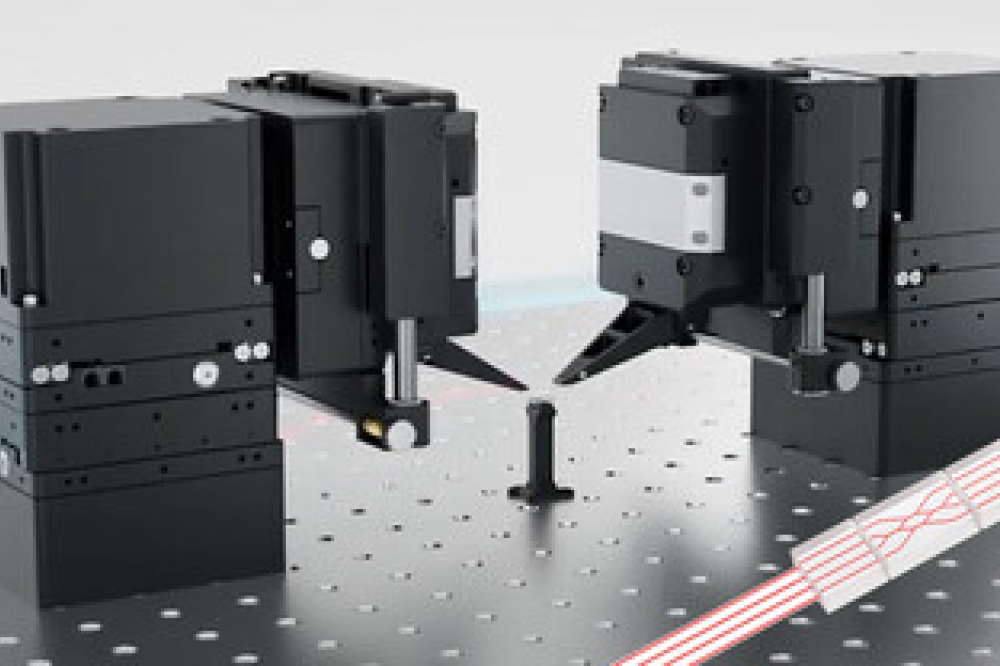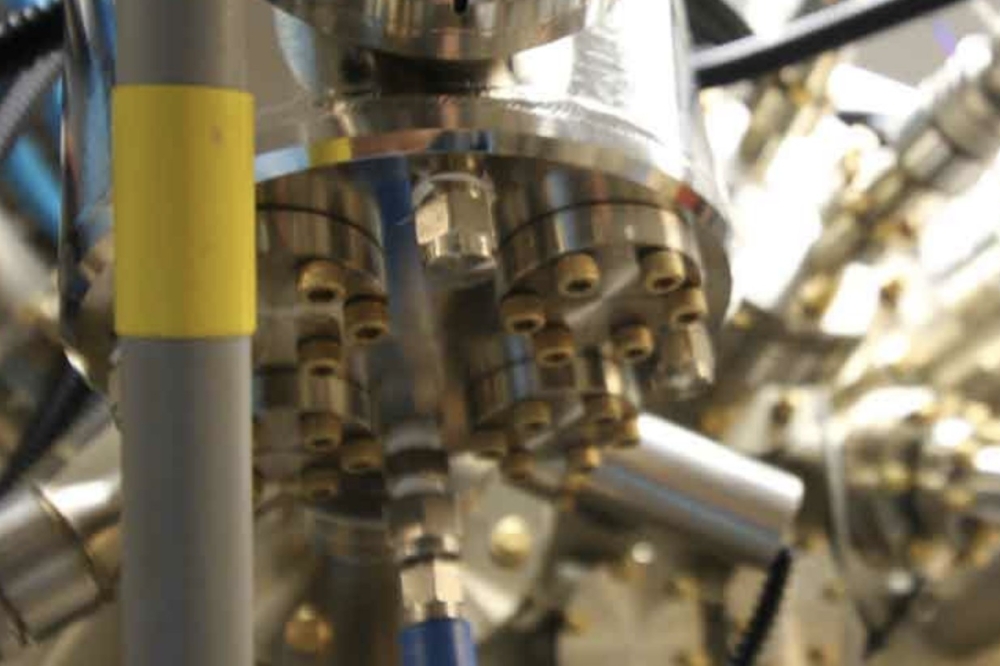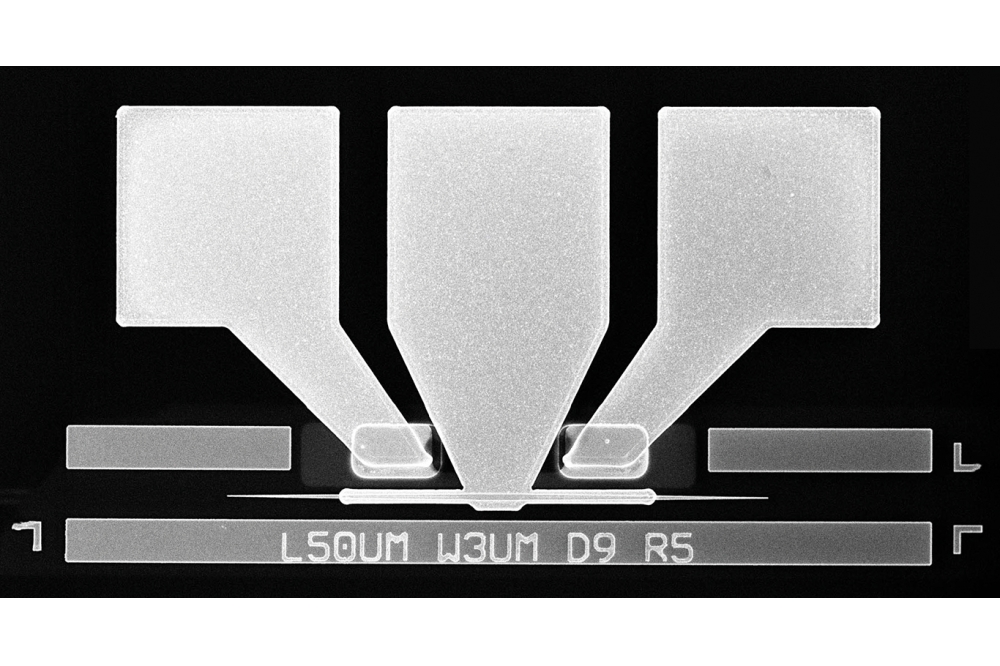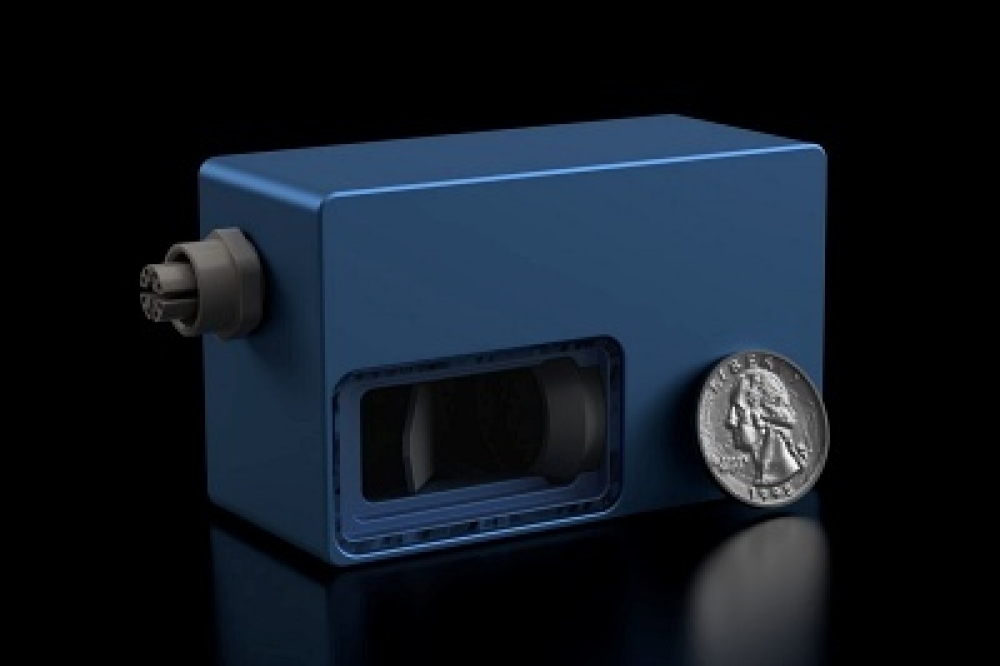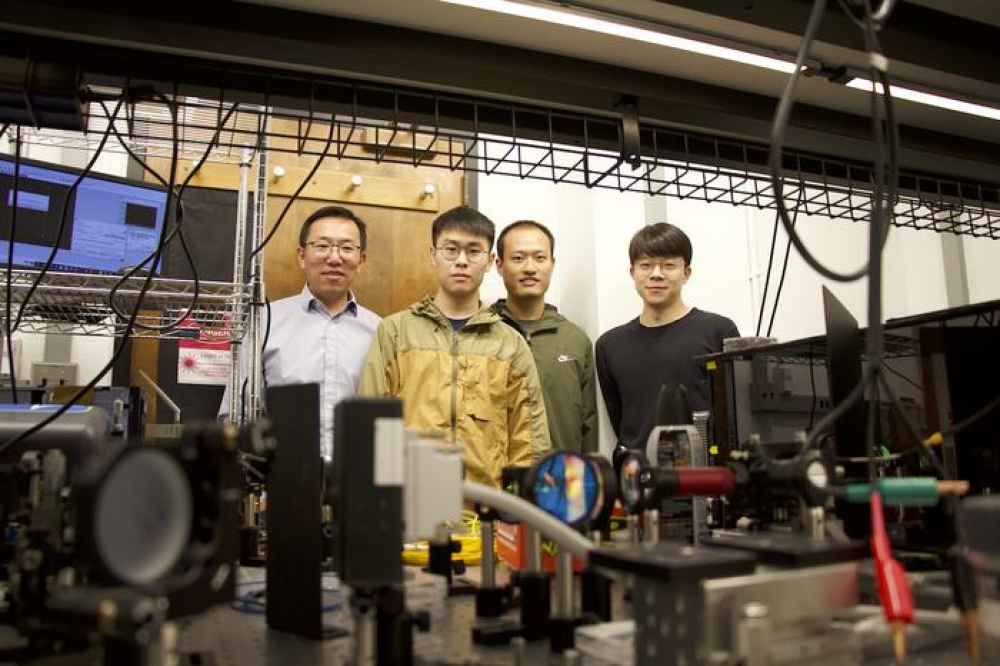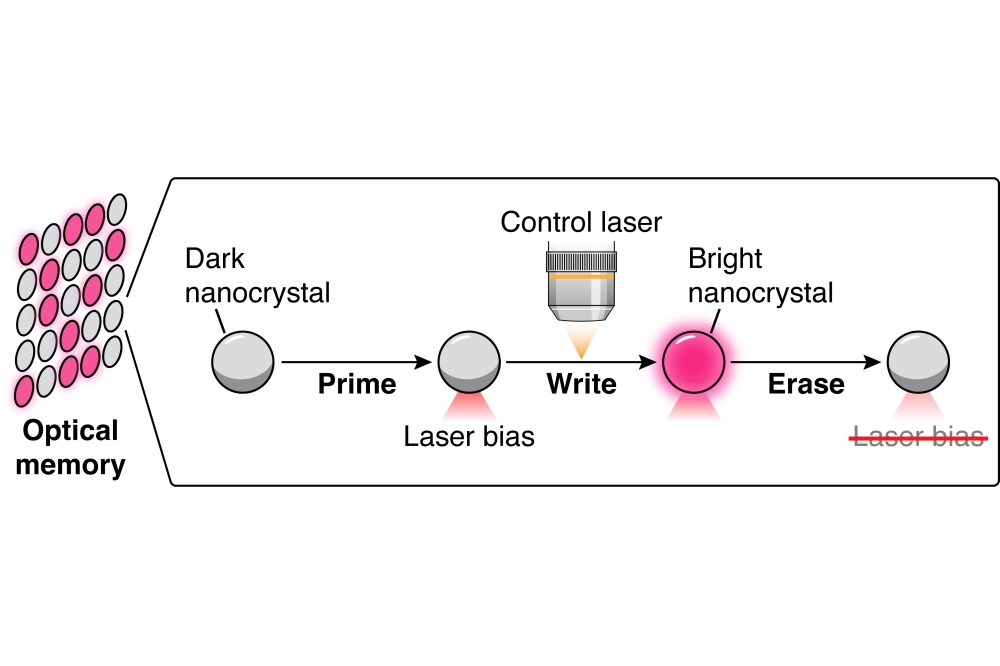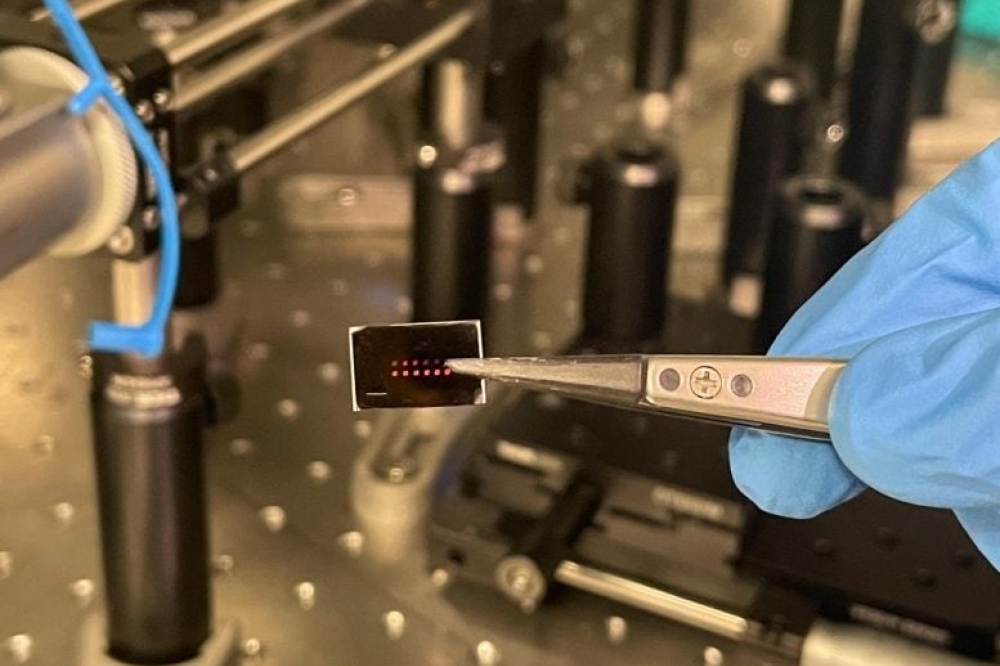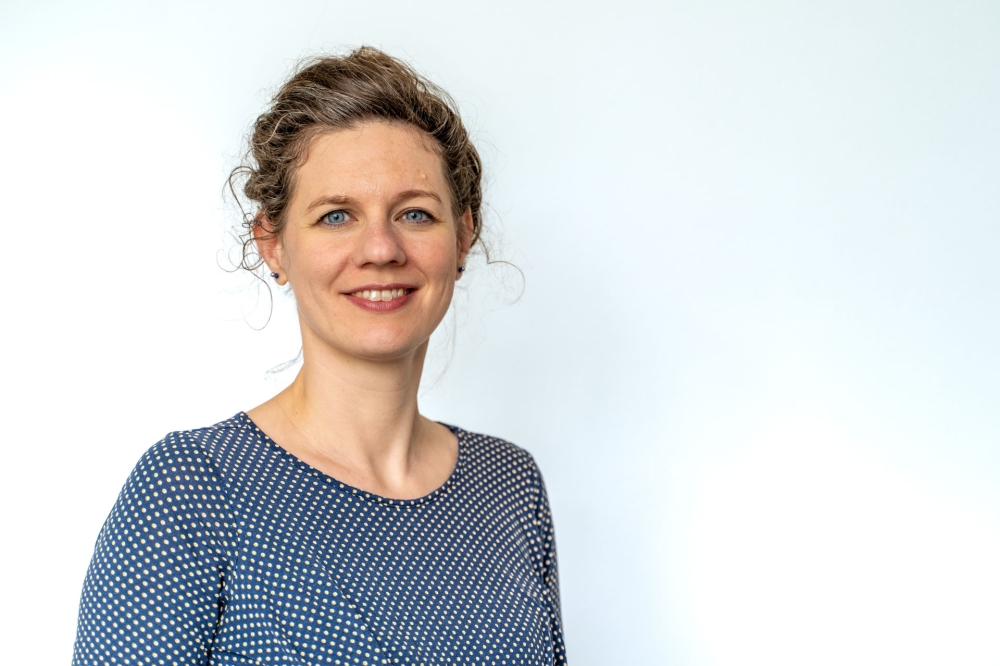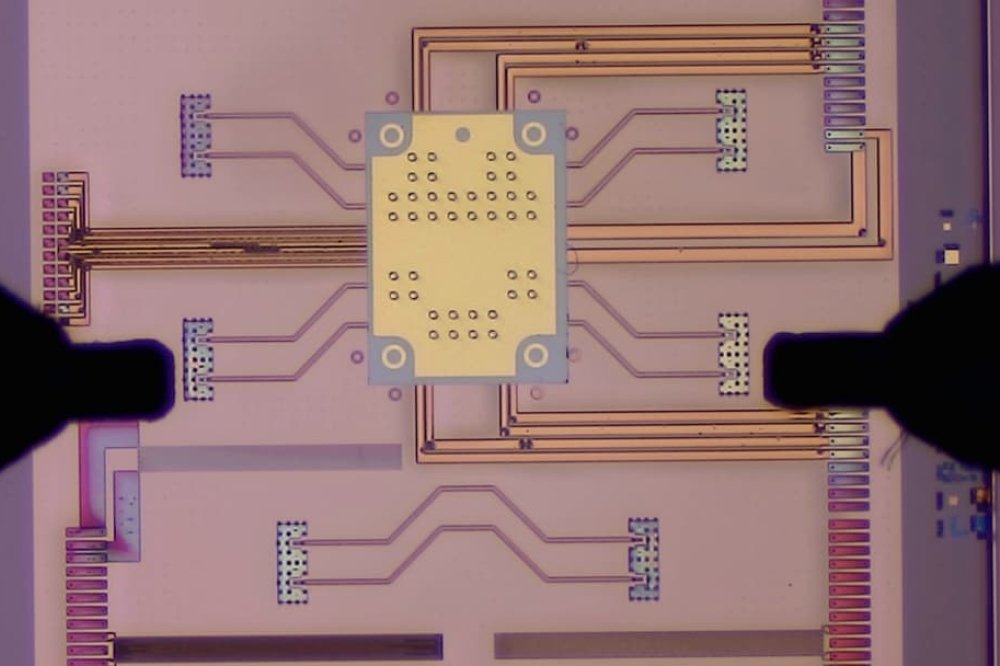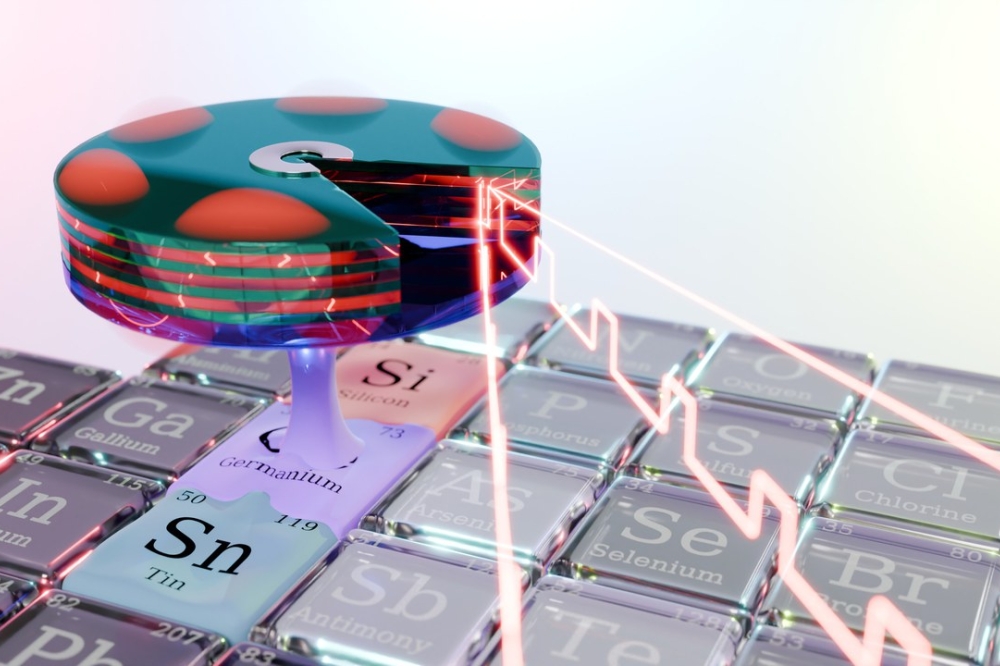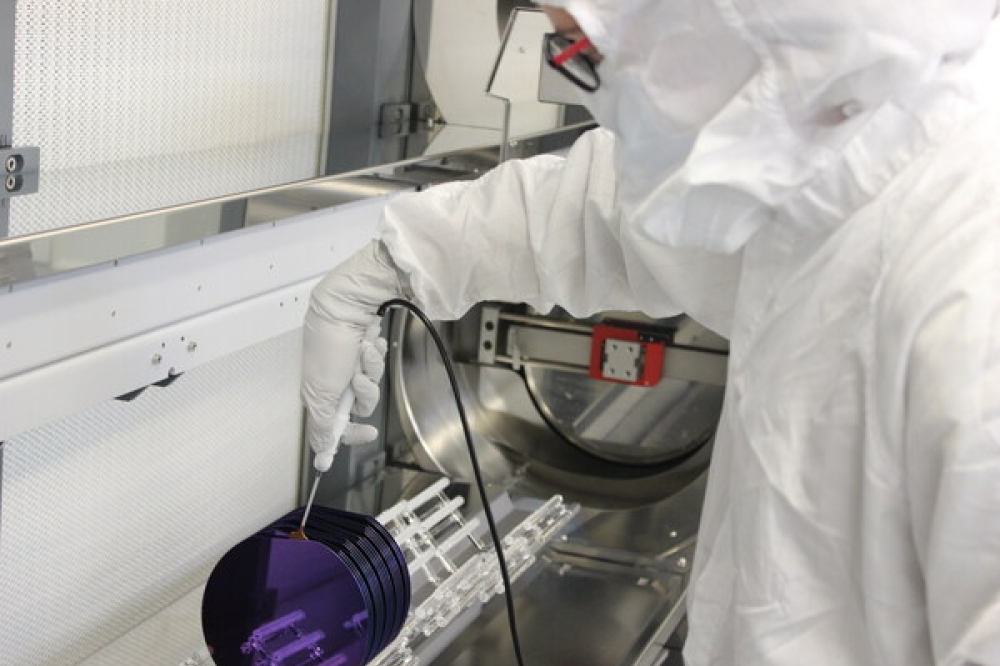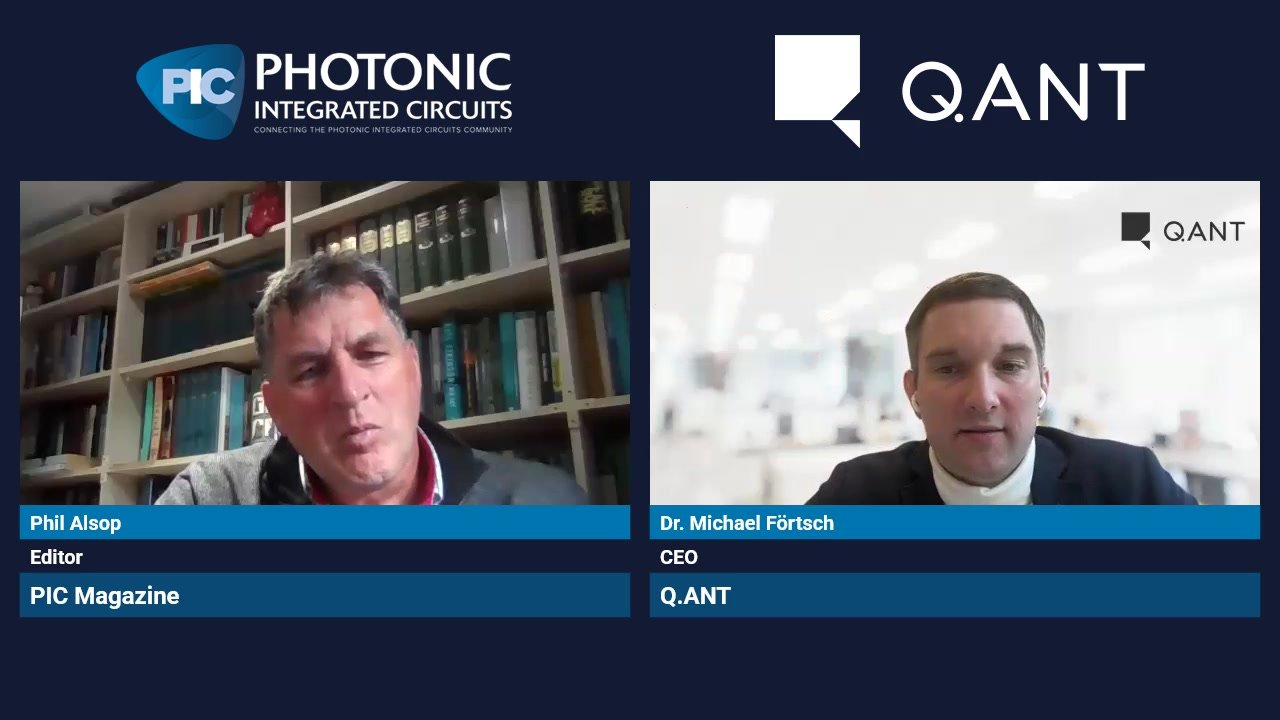QCi wins NASA contract for LiDAR to study atmosphere

The integrated photonics company says that the project aims to create quantum sensing solutions that will reduce the cost of LiDAR missions, facilitating a better understanding of the causes of climate change
Quantum Computing Inc. (QCi), an integrated photonics and quantum optics technology company, has announced that it has been awarded a fifth project from the National Aeronautics and Space Administration (NASA) to develop quantum remote sensing technology that would significantly lower the cost of spaceborne LiDAR imaging and advance scientific understanding of the mechanisms of climate change.
This is a continuation of a long-standing strategic partnership between NASA and QCi aimed at creating a radically different approach to LiDAR technology for atmospheric remote sensing measurements. According to QCi, the proposed approach, which it is currently developing, would significantly lower the cost of LiDAR missions, thereby allowing NASA to undertake more frequent flights to better understand the causes of climate change.
The company says that the recently awarded contract is an important milestone in further assessing the viability of its technology, as well as a pivotal step towards deploying its remote sensing technology on LiDAR flights, and further establishes the applicability of its quantum technology in diverse fields, such as civilian and military surveillance.
“QCi is honoured to support NASA in this critical mission dedicated to advancing remote sensing and climate change monitoring,” said William McGann, CEO at QCi. “This new technology aims to reduce the cost of LiDAR missions from billions to millions and ultimately will help us in understanding the root causes of climate change and contribute to NASA’s efforts to protect the earth’s environment. This partnership reinforces QCi’s commitment to providing innovative, cost-effective solutions for various remote sensing applications and highlights the transformative potential of QCi’s quantum remote sensing technology for climate research and environmental management strategies.”
The company added that the contract announced today builds upon its work helping NASA denoise the sunlight in satellite LiDAR images by using the QCi’s latest entropy quantum optimisation machine, the Dirac-3, to simulate the background noise and turn the denoising problem into an optimisation problem.



